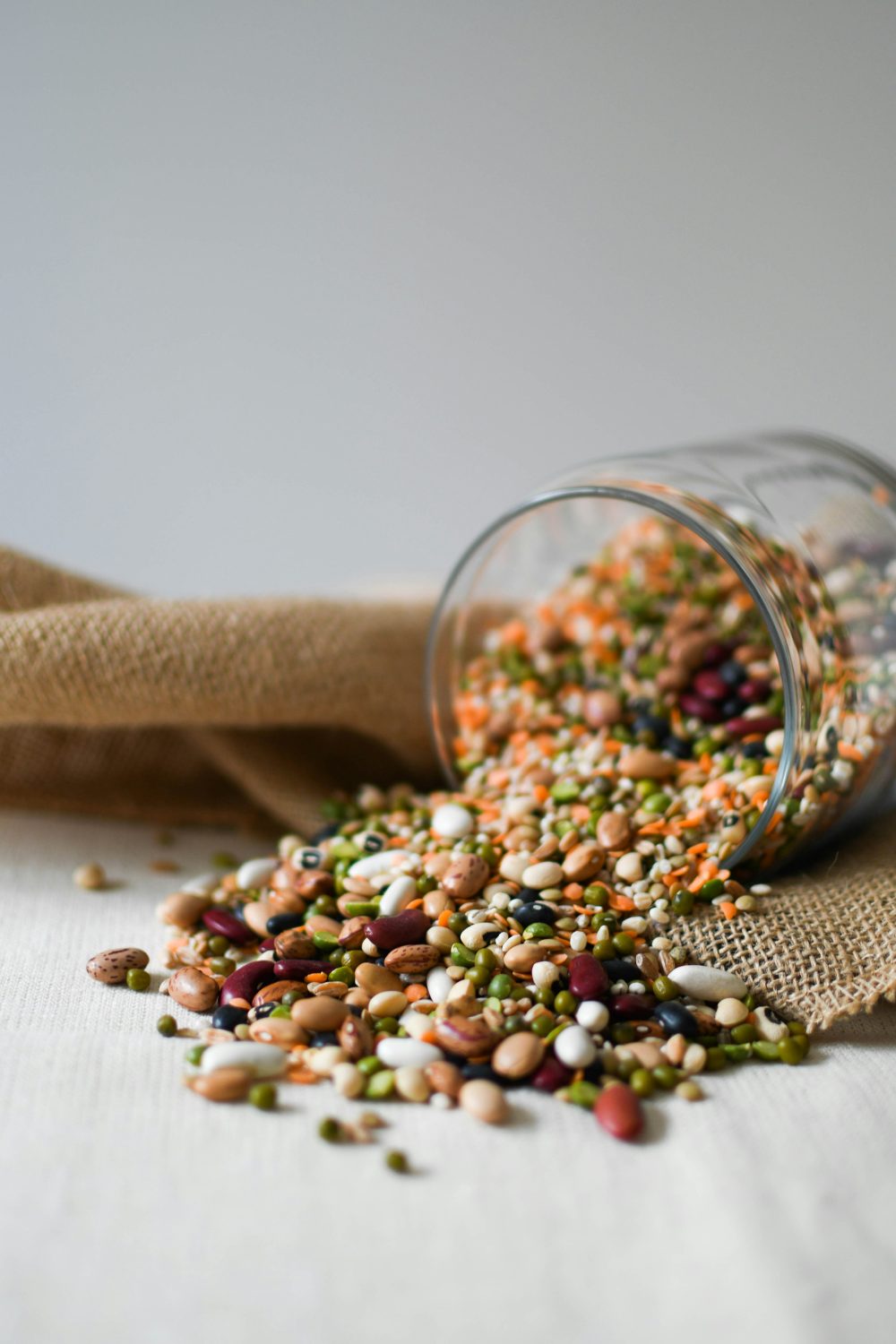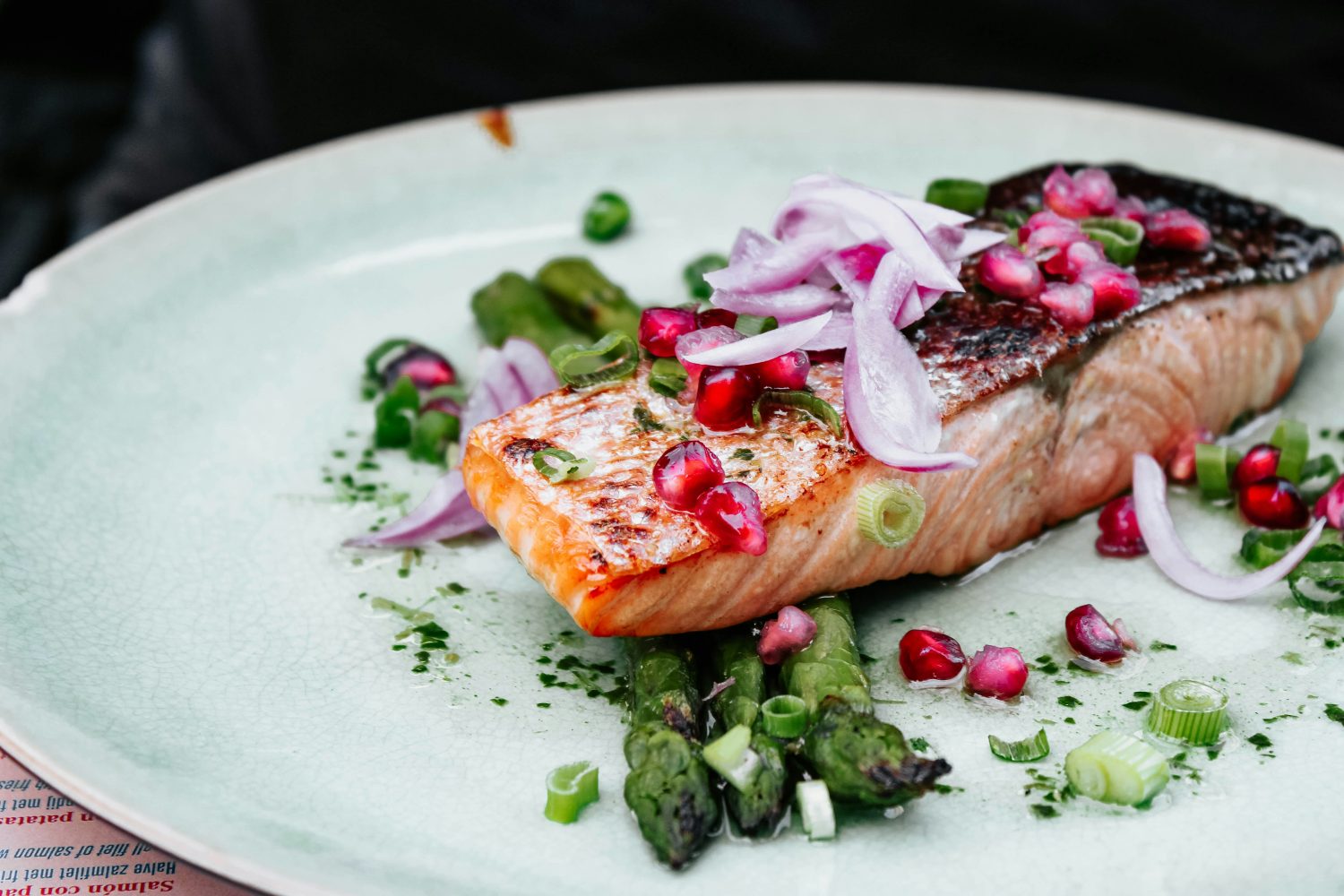Protein
Proteins are absorbed through our daily nutrition and are important for various bodily functions. Alongside carbohydrates and fats, proteins are one of the three main nutrients. Animal protein is found in meat, fish, eggs and dairy products. Plant protein is found in grains and legumes, seeds and nuts, and mushrooms. Proteins consist of approximately 100 to 300 amino acids linked together. During digestion, proteins are broken down into individual amino acids so that they can be utilised by the body. The proteins are broken down into smaller chains in the stomach by the enzyme pepsin contained in gastric juice. However, as these so-called polypeptides cannot yet be absorbed by the intestine, the breakdown process (hydrolysis) continues in the intestine. Only hydrolysed, i.e. individual amino acids, can ultimately pass through the intestinal wall into the blood. Amino acids are needed for the formation of all tissues, such as organs, muscles, bones, etc. They are also involved in many metabolic processes and are therefore essential for life. Incidentally, the word protein contains the Greek word proton, which means ‘the first, the most important’.


Proteins are better known in everyday language as egg whites. They consist of large molecules, which in turn consist of numerous different building blocks. The totality of all proteins found in a living organism is referred to as the proteome (e.g. human proteome).
Amino acids – the building blocks of life
The basic building blocks of all proteins are amino acids. According to scientific findings, there are a total of 20 known amino acids in every human body. Eight of these acids are essential for the body, as they cannot be produced independently. These amino acids are usually supplied to the body through food. Foods with a high protein content include fish, eggs, dairy products, nuts and legumes.
Peptides are the smallest proteins and consist of only two amino acids. The largest protein, on the other hand, consists of 30,000 amino acids. These occur in large quantities in muscle protein titin, for example. Apart from its specific function in the body, a protein must have a certain minimum size in order to meet the relevant requirements. If, for example, our body needs to perform a specific hormone function, small dipeptides are sufficient.
Between 50 and 100 amino acids are required for an enzyme to function. The proteins most commonly found in the body consist of between 100 and 300 amino acids. Competitive athletes usually have a significantly higher protein requirement in order to promote and maintain muscle growth in the long term. In this context, nutrition is a fundamental component of optimal performance.
Our cells contain ribosomes, which produce amino acids. These are combined with proteins from food to form body proteins. This ensures the long-term development and maintenance of muscles and other important components of every body.